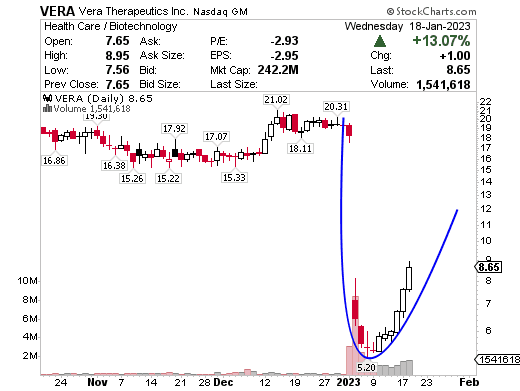I Want To Get Involved In the Markets. How Do I Get Started?
Educate Yourself
The first step in participating in the financial markets is to educate yourself about how the markets work and the different investment options available to you. This can include stocks, bonds, mutual funds, exchange-traded funds (ETFs), and more. It’s important to understand the risks and potential rewards of each type of investment before you decide where to put your money.
It’s not possible to say which type of investment is the best, as the best option will vary depending on your individual financial goals and risk tolerance. For some people, stocks may be the best option, while for others, safer investments like bonds may be a better fit. It’s important to do your own research and consult with a financial advisor before making any investment decisions.
There are many resources available to help you educate yourself about the financial markets and different investment options. Here are a few ideas:
- Read books or articles about investing. There are many good books out there that can provide a broad overview of the financial markets and different types of investments.
- Take a course or attend a workshop. RagingBull offers some complementary courses. Check out Ben Sturgill’s course on what to expect as a new trader in our member dashboard. Don’t have an account? Sign up for $0 here.
- Talk to a financial advisor. A financial advisor can provide personalized advice and guidance based on your individual financial situation and goals.
- Do your own research. Use online resources, such as the websites of regulatory organizations like the Securities and Exchange Commission (SEC), to learn more about the financial markets and different investment options.
Overall, the key is to educate yourself as much as possible so that you can make informed decisions about your money.
Find a Good Instructor
It can be helpful to have a good instructor when you’re taking a course or attending a workshop on investing. A good instructor can provide valuable insights and help you understand complex concepts in a way that is easy to understand. In addition, a good instructor can answer your questions and provide guidance on how to apply what you’ve learned in the real world.
That being said, it’s also important to remember that everyone has their own learning style and what works for one person may not work for another. So while it can be helpful to find a good instructor, ultimately the most important thing is that you find a learning approach that works for you. So, it is up to you to decide whether it is important to find a good instructor for your course.
It’s generally agreed that the best instructors are those who have a combination of practical experience and teaching skills. Practical experience can provide instructors with real-world examples and insights that can make the material more relevant and interesting for students. At the same time, knowing how to teach effectively is also important. This can include being able to clearly communicate complex concepts, engaging students in the material, and providing personalized feedback and support.
Ultimately, the best instructors are those who are able to effectively combine their practical experience with their teaching skills to provide a high-quality learning experience for their students.
That is a part of what makes Jason Bond a great instructor. He is a former schoolteacher with a master’s degree in education, and has years of real world experience trading stocks. Check out Jason’s course on small account strategies in our member dashboard. Don’t have an account? Sign up for $0 here.
That being said, it’s also important to remember that everyone has their own learning style and what works for one person may not work for another. So while it can be helpful to find a good instructor, ultimately the most important thing is that you find a learning approach that works for you.Our goal here is to help you find the tools and information that you need to grow as a trader.




